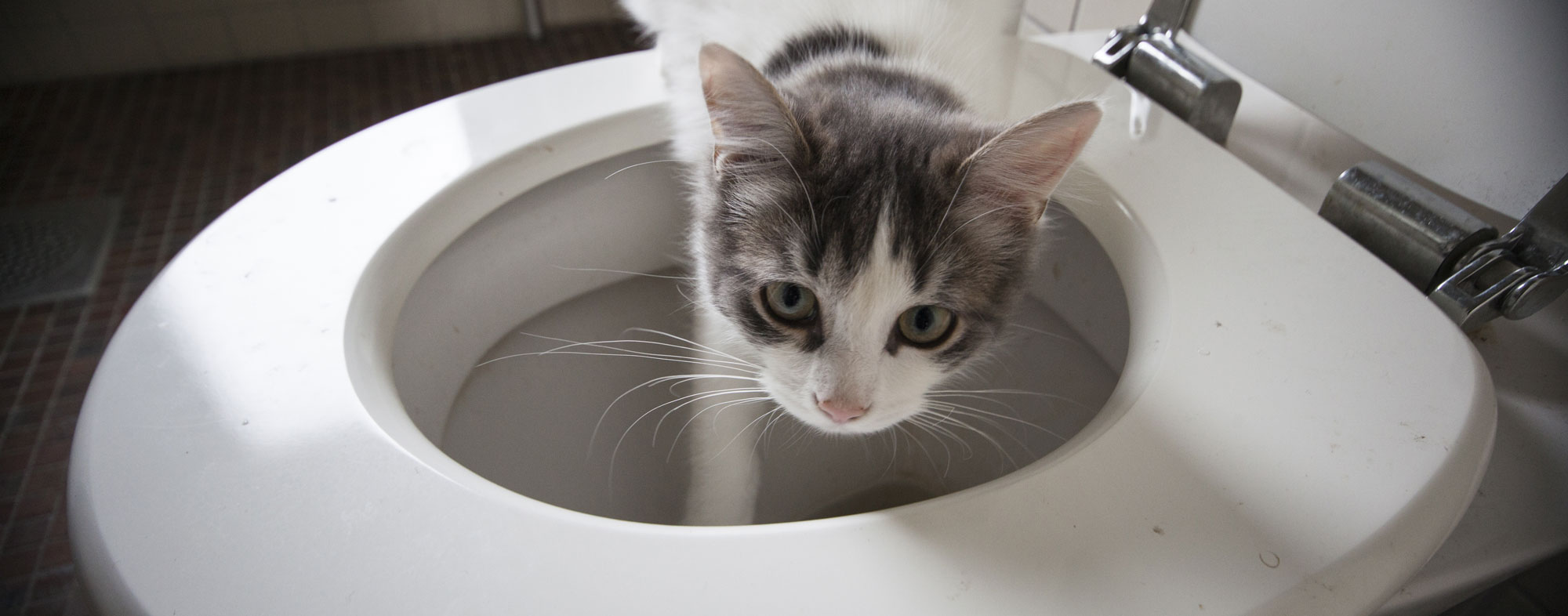Never Flush Cat Poop Down Your Toilet - Safeguard Your Plumbing Infrastructure
Never Flush Cat Poop Down Your Toilet - Safeguard Your Plumbing Infrastructure
Blog Article
We've unearthed this great article pertaining to How to Dispose of Cat Poop and Litter Without Plastic Bags down the page on the internet and decided it made good sense to talk about it with you on my blog.

Introduction
As feline proprietors, it's vital to be mindful of how we throw away our feline friends' waste. While it may seem convenient to purge pet cat poop down the toilet, this practice can have detrimental consequences for both the setting and human wellness.
Alternatives to Flushing
The good news is, there are more secure and a lot more accountable ways to get rid of feline poop. Think about the adhering to alternatives:
1. Scoop and Dispose in Trash
One of the most typical technique of disposing of feline poop is to scoop it into a naturally degradable bag and throw it in the garbage. Be sure to make use of a devoted litter inside story and dispose of the waste promptly.
2. Use Biodegradable Litter
Choose eco-friendly feline trash made from materials such as corn or wheat. These trashes are environmentally friendly and can be safely gotten rid of in the trash.
3. Bury in the Yard
If you have a backyard, take into consideration hiding pet cat waste in an assigned location far from veggie yards and water sources. Be sure to dig deep adequate to prevent contamination of groundwater.
4. Set Up a Pet Waste Disposal System
Buy an animal garbage disposal system particularly designed for pet cat waste. These systems use enzymes to break down the waste, minimizing smell and ecological effect.
Wellness Risks
Along with ecological problems, purging feline waste can likewise posture wellness threats to human beings. Cat feces may include Toxoplasma gondii, a parasite that can create toxoplasmosis-- a possibly extreme disease, particularly for expecting females and individuals with weakened immune systems.
Ecological Impact
Flushing feline poop introduces harmful virus and bloodsuckers right into the water supply, posing a significant risk to marine ecosystems. These pollutants can adversely influence marine life and concession water quality.
Final thought
Liable pet dog possession prolongs past offering food and shelter-- it additionally involves correct waste management. By refraining from flushing feline poop down the bathroom and going with alternative disposal methods, we can reduce our ecological impact and shield human wellness.
Why You Should Never Flush Cat Poop Down the Toilet
A rose by any other name might smell as sweet, but not all poop is created equal. Toilets, and our sewage systems, are designed for human excrement, not animal waste. It might seem like it couldn’t hurt to toss cat feces into the loo, but it’s not a good idea to flush cat poop in the toilet.
First and foremost, assuming your cat uses a litter box, any waste is going to have litter on it. And even the smallest amount of litter can wreak havoc on plumbing.
Over time, small amounts build up, filling up your septic system. Most litter sold today is clumping; it is made from a type of clay that hardens when it gets wet. Ever tried to scrape old clumps from the bottom of a litter box? You know just how cement-hard it can get!
Now imagine just a small clump of that stuck in your pipes. A simple de-clogger like Drano isn’t going to cut it. And that means it’s going to cost you big time to fix it.
Parasitic Contamination
Believe it or not, your healthy kitty may be harboring a nasty parasite. Only cats excrete Toxoplasma in their feces. Yet it rarely causes serious health issues in the cats that are infected. Most people will be fine too if infected. Only pregnant women and people with compromised immune systems are at risk. (If you’ve ever heard how women who are expecting are excused from litter cleaning duty, Toxoplasma is why.)
But other animals may have a problem if infected with the parasite. And human water treatment systems aren’t designed to handle it. As a result, the systems don’t remove the parasite before discharging wastewater into local waterways. Fish, shellfish, and other marine life — otters in particular — are susceptible to toxoplasma. If exposed, most will end up with brain damage and many will die.
Depending on the species of fish, they may end up on someone’s fish hook and, ultimately on someone’s dinner plate. If that someone has a chronic illness, they’re at risk.
Skip the Toilet Training
We know there are folks out there who like to toilet train their cats. And we give them props, it takes a lot of work. But thanks to the toxoplasma, it’s not a good idea.

I recently found that article on How to Dispose of Cat Poop and Litter Without Plastic Bags while browsing the search engines. Sharing is nice. Helping others is fun. Bless you for your time. Please come by our blog back soon.
Or Book Technician Here Report this page